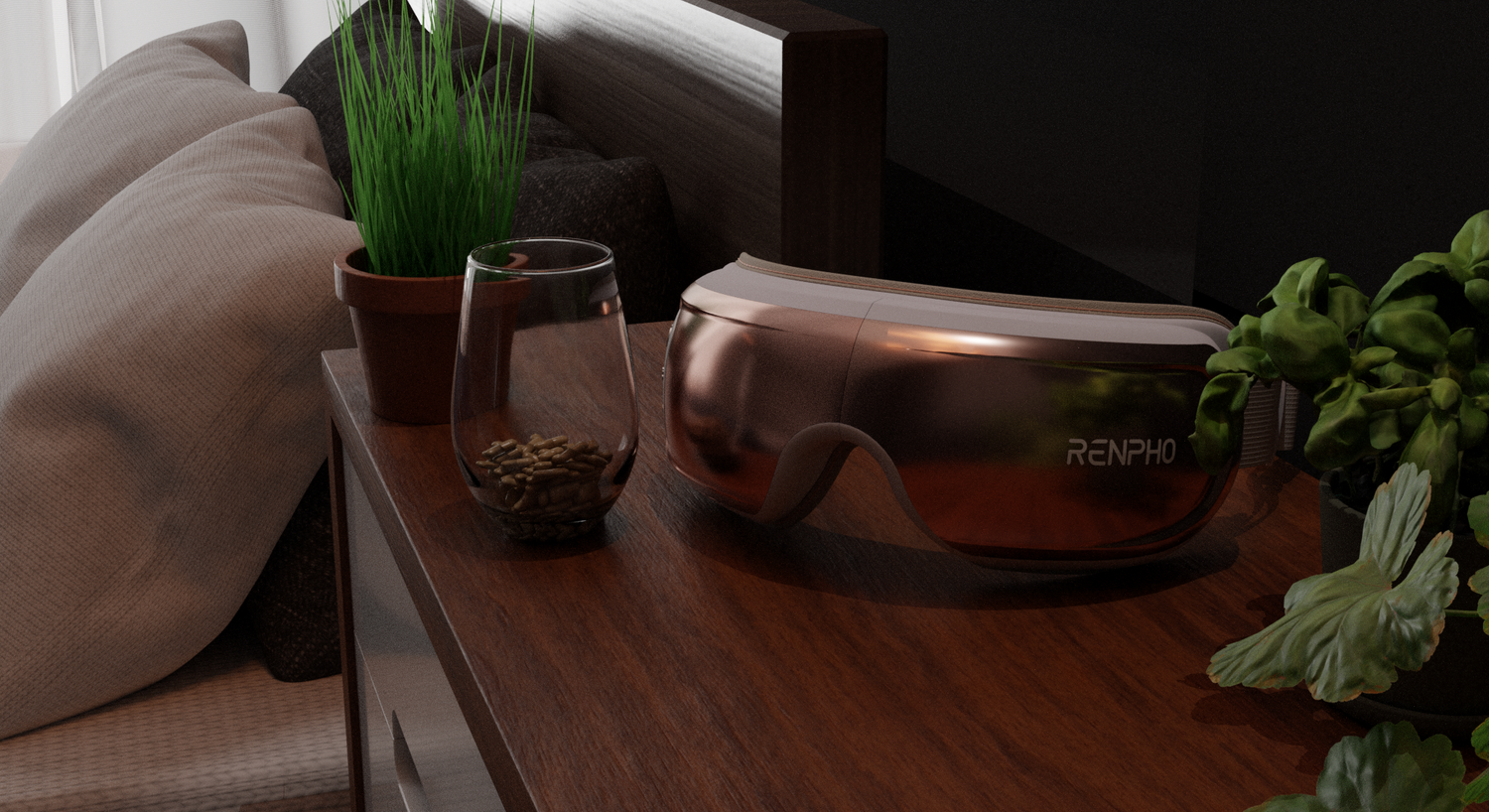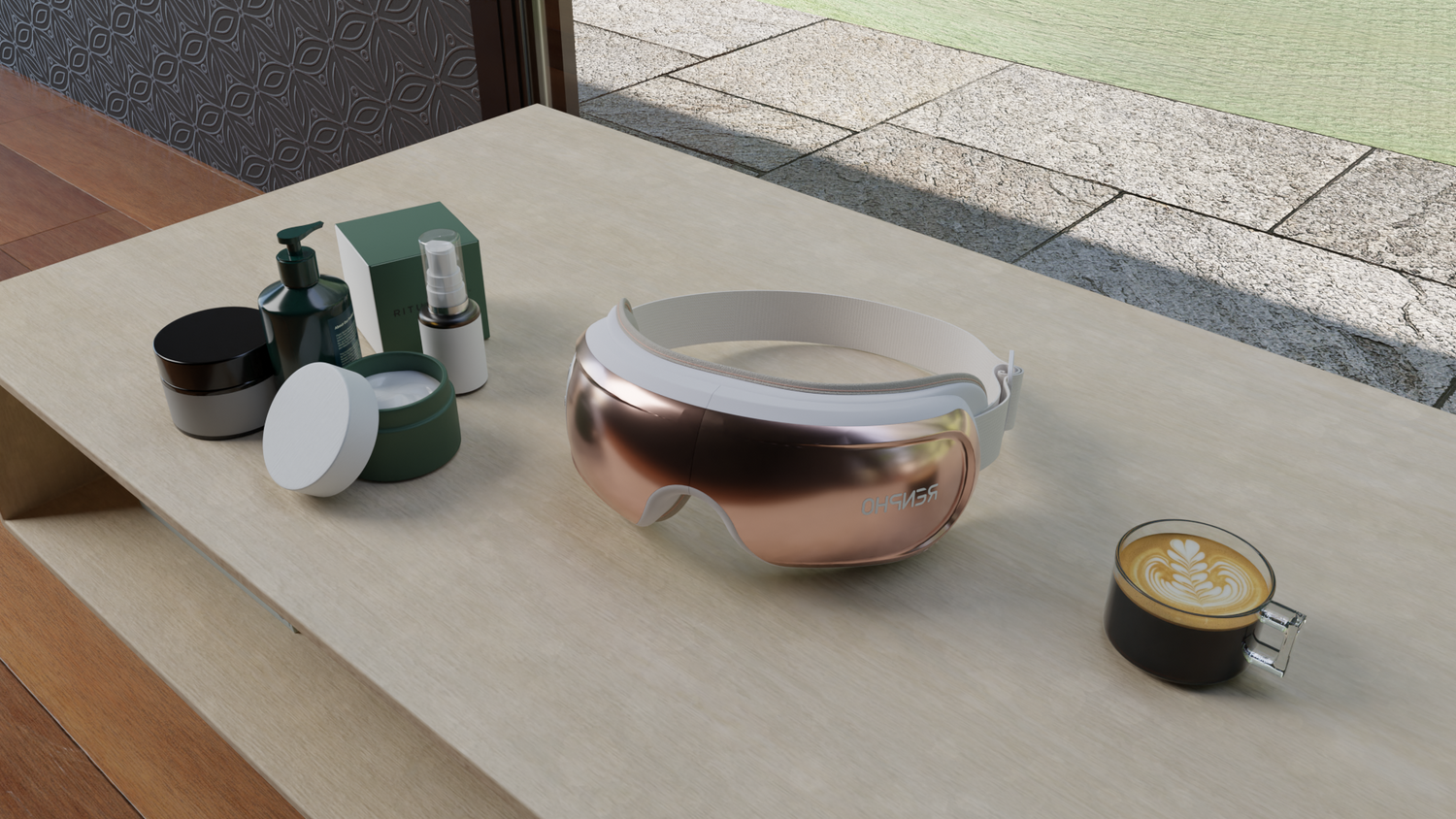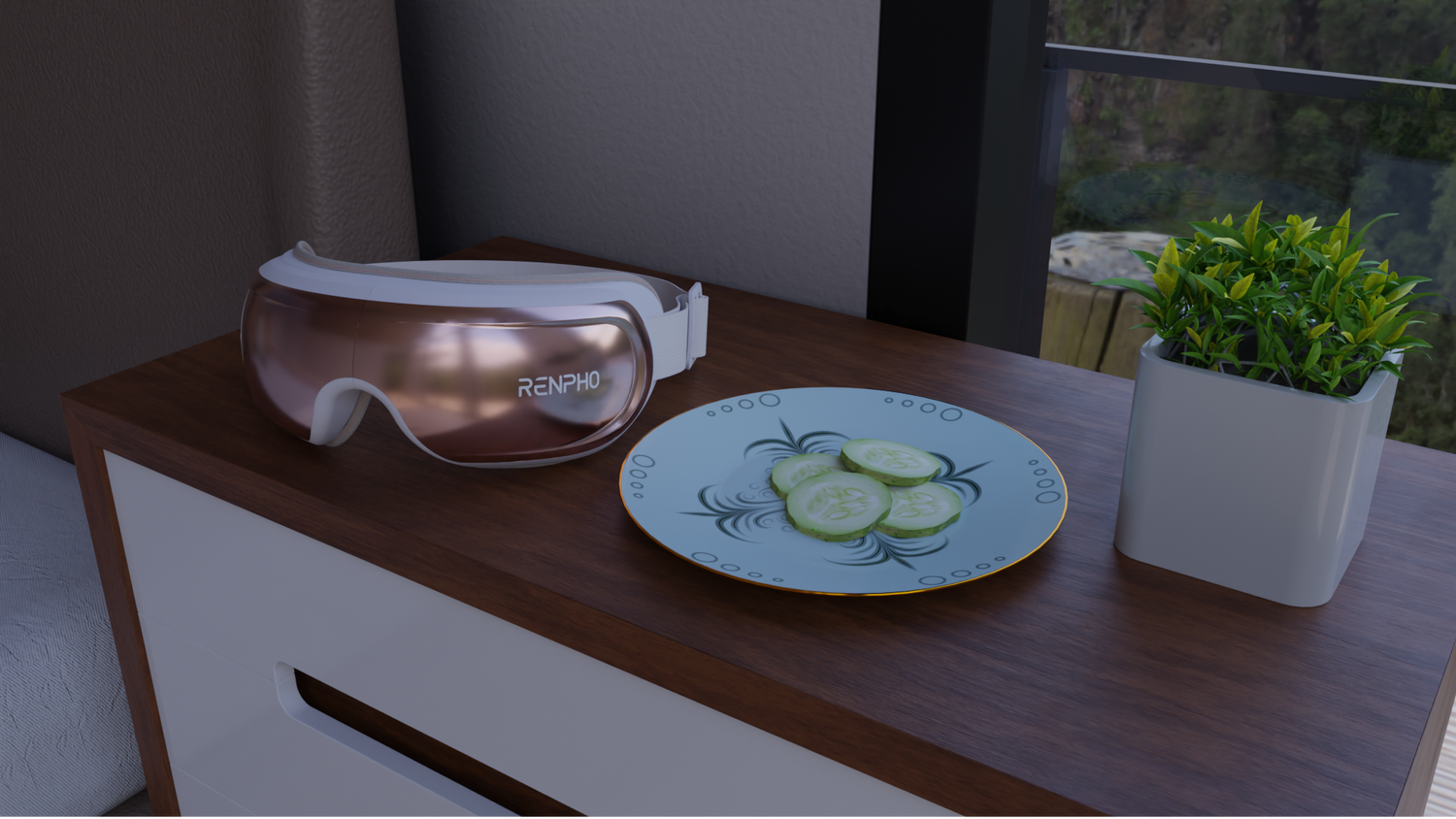As the vibrant hues of autumn appear and the air turns crisp, many of us look forward to the cozy season ahead. However, the change in weather can bring about unexpected challenges, particularly for our eye health. Among them, dry eyes can become a common complaint during this time, often exacerbated by cooler temperatures, low humidity, and indoor heating. If you’ve ever experienced the discomfort of irritation, redness, or a persistent gritty feeling in your eyes, you know how annoying it can be.
So, here are effective strategies to help keep your eyes hydrated and comfortable throughout the autumn months. From simple daily habits to protective measures, we have you covered with practical tips that will help you enjoy the season's beauty without the distraction of dry, uncomfortable eyes.
What is Dry Eye Syndrome?

Dry Eye Syndrome (DES) is a common condition that occurs when the eyes do not produce enough tears or when the tears evaporate too quickly, leading to insufficient lubrication. Individuals suffering from this deficiency often experience symptoms such as discomfort, a gritty sensation, redness, and blurred vision, which can significantly impact quality of life.
What Causes Dry Eyes?
Dry eyes can result from several factors, including age-related changes, environmental conditions, and medical conditions. As we age, tear production often decreases, leading to insufficient lubrication. Environmental factors like cold weather and central heating can exacerbate dryness by reducing humidity, causing tears to evaporate more quickly.
Medical conditions such as Sjogren's syndrome, an autoimmune disorder, can severely impact tear production, while rheumatoid arthritis may also affect tear glands. These conditions contribute to chronic dry eyes, resulting in discomfort and potential vision problems.
Additionally, the composition of tears plays a crucial role in eye moisture. Tears consist of water, oils, and mucins; an imbalance can lead to increased evaporation and irritation. Maintaining proper hydration through adequate fluid intake and a balanced diet rich in omega-3 fatty acids can support tear production and composition, helping to alleviate dry eyes. Focusing on these factors can significantly improve eye comfort and health.
What Are the Specific Causes of Dry Eyes in Autumn?

Autumn brings specific challenges that can contribute to dry eyes. As temperatures drop, humidity levels often decrease, particularly indoors where heating systems are activated. This dry air disrupts tear film stability, leading to dryness and discomfort. Additionally, people tend to spend more time indoors, often in front of screens for work or leisure, which increases screen time and reduces blink frequency, further exacerbating dry eye symptoms.
Seasonal allergies also play a significant role in autumn, as pollen from plants like ragweed can irritate the eyes, leading to inflammation and a sensation of dryness. Moreover, natural aging processes can diminish tear production, making older adults more susceptible to dry eyes during this season.
Which Daily Habits Can Help Prevent Dry Eyes?

Dry eyes are a common condition that can lead to discomfort and interfere with daily activities. This issue arises when the eyes do not produce enough tears or when the tears evaporate too quickly, resulting in symptoms like itching, redness, and a gritty sensation. Fortunately, adopting certain daily habits can play a significant role in preventing dry eyes and maintaining optimal eye health. From adjusting your environment to incorporating specific practices into your routine, these habits can help ensure that your eyes remain hydrated and comfortable throughout the day. In the following sections, we will explore several effective strategies to keep dry eyes at bay and promote overall eye wellness.
Why Is Drinking Enough Water Crucial?
Drinking enough water is crucial for eye health as it plays a vital role in maintaining moisture balance. Proper hydration ensures that the tear film covering the eyes remains stable, preventing dry, irritated eyes. When the body is dehydrated, tear production can decrease, leading to discomfort and potential vision issues.
The recommended intake of at least 90 ounces of water daily is essential to support overall body hydration, including the moisture necessary for optimal eye function. By meeting this intake, you can ensure that your eyes remain adequately moisturized, reducing the risk of dryness and irritation.
Ultimately, proper hydration can help avert common eye issues, such as dry eyes and increased sensitivity. By prioritizing hydration, you not only promote your overall well-being but also protect your eye health, showing just how interconnected these aspects of health are. Remember that a well-hydrated body translates to well-hydrated eyes, making water intake a key component of maintaining vision clarity and comfort.
What Protective Measures Can You Take to Prevent Dry Eyes During Autumn?

As autumn arrives, many individuals experience dry eyes due to changing weather conditions and indoor heating. To protect your eyes and prevent irritation, consider implementing these essential strategies:
- Use a Humidifier: As the air becomes drier, using a humidifier can significantly increase moisture levels in your home. This helps combat dry indoor air, providing a more comfortable environment for your eyes.
- Artificial Tears: Incorporating artificial tears into your daily routine can help maintain moisture in your eyes. These lubricating eye drops are essential for alleviating dryness and irritation, especially during the fall season.
- Allergy Medicine: Autumn often brings increased pollen and allergens. Using appropriate allergy medicine can help reduce the symptoms that contribute to dry eyes, providing better protection against irritation.
By incorporating these strategies—such as using a humidifier, applying artificial tears, and managing allergies—individuals can effectively reduce eye irritation associated with the fall season. Taking these protective measures will ensure your eyes remain comfortable and healthy throughout autumn.
When Should You Seek Professional Help for Dry Eyes?

However, when dealing with dry eyes, it’s crucial to know when to seek professional help, especially if you experience persistent discomfort, vision problems, or if over-the-counter treatments fail to provide relief. Symptoms such as a gritty sensation, redness, or excessive tearing that doesn't improve can indicate a more serious underlying issue.
Conditions such as autoimmune diseases—like rheumatoid arthritis or Sjögren’s syndrome—can affect tear production, leading to chronic dry eye problems. If you notice worsening symptoms, or if dry eyes interfere significantly with daily activities, it's essential to consult an eye doctor.
Moreover, if you experience fluctuating or blurred vision, it may signal complications that require immediate attention. Ignoring these symptoms can lead to more severe eye issues over time. Remember, early intervention is key to successful treatment and overall eye health. Always prioritize professional advice if your self-care efforts aren't yielding results.
Takeaway
As autumn unfolds with its vibrant colors and crisp air, it’s essential to prioritize the health of your eyes amidst the seasonal changes. Dry Eye Syndrome can be a significant concern during this time, with various factors contributing to discomfort and irritation. By understanding the causes and symptoms of dry eyes, particularly in autumn, you can take proactive steps to keep your eyes hydrated and comfortable.
Incorporating simple yet effective daily habits, such as staying properly hydrated, using humidifiers, and applying artificial tears, can make a world of difference. Additionally, being mindful of environmental factors and seasonal allergies can help you mitigate symptoms and protect your eye health.
Remember, if you experience persistent discomfort or notice any troubling symptoms, don’t hesitate to seek professional advice. Early intervention is crucial for maintaining your vision and overall eye health. By taking these steps, you can enjoy all the beauty this autumn has to offer without the annoyance of dry, irritated eyes. Prioritize your eye care, and embrace the season with clarity and comfort!
Renpho Health Tips
-

Natural Remedies vs. Heated Eye Masks: What Works Best for Dark Circles?
October 3, 2024
Read more >
-

A Deep Dive into the RENPHO Eyeris 3: The Best Eye Mask for Quality Sleep
October 3, 2024
Read more >
-

Bright Eyes, Bright Future: Banish Dark Circles this National Women’s Health and Fitness Day
September 25, 2024
Read more >
-

Eyeris 3 Rosé: The Best Eye Mask for Sleeping?
September 24, 2024
Read more >
-

10 Effective Ways to Get Rid of Tired Eyes with an Eye Mask Massager
September 19, 2024
Read more >



































